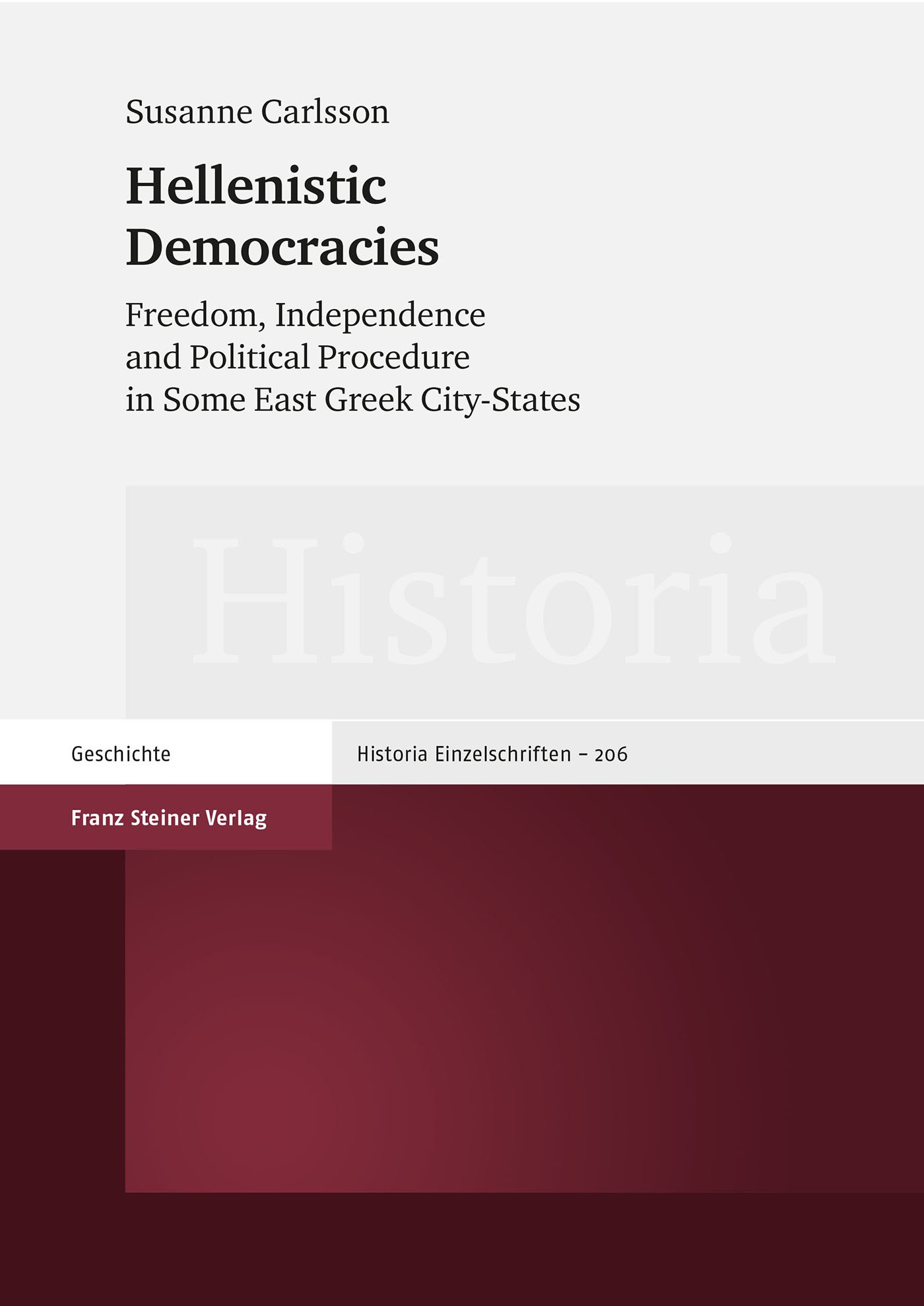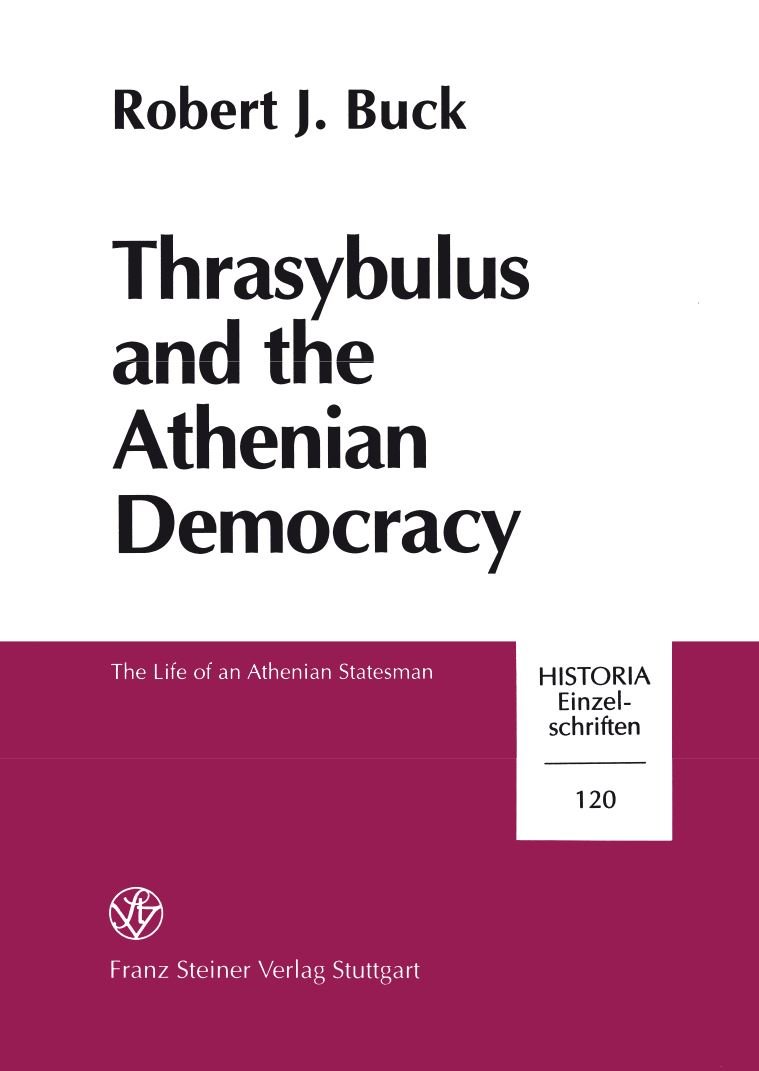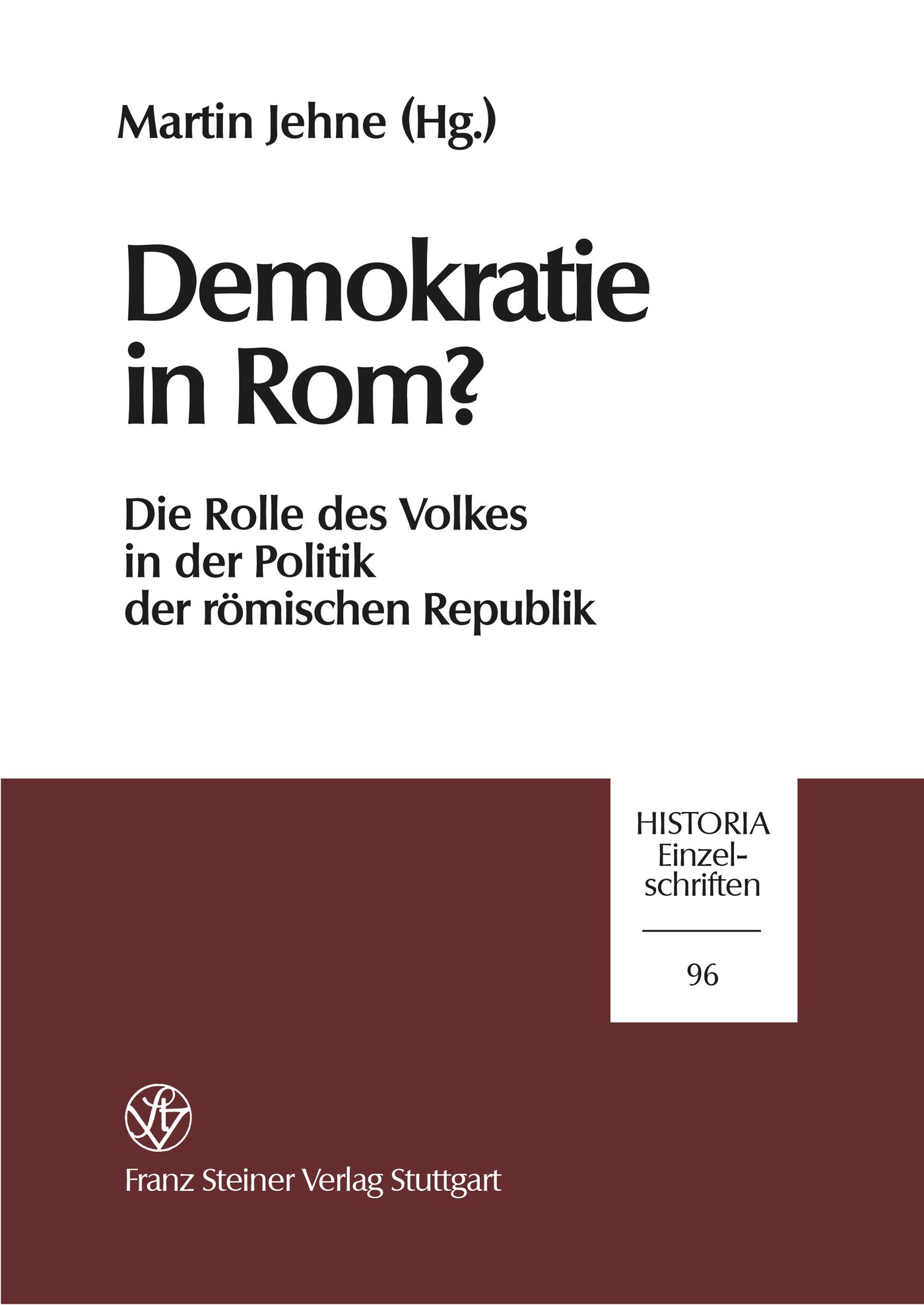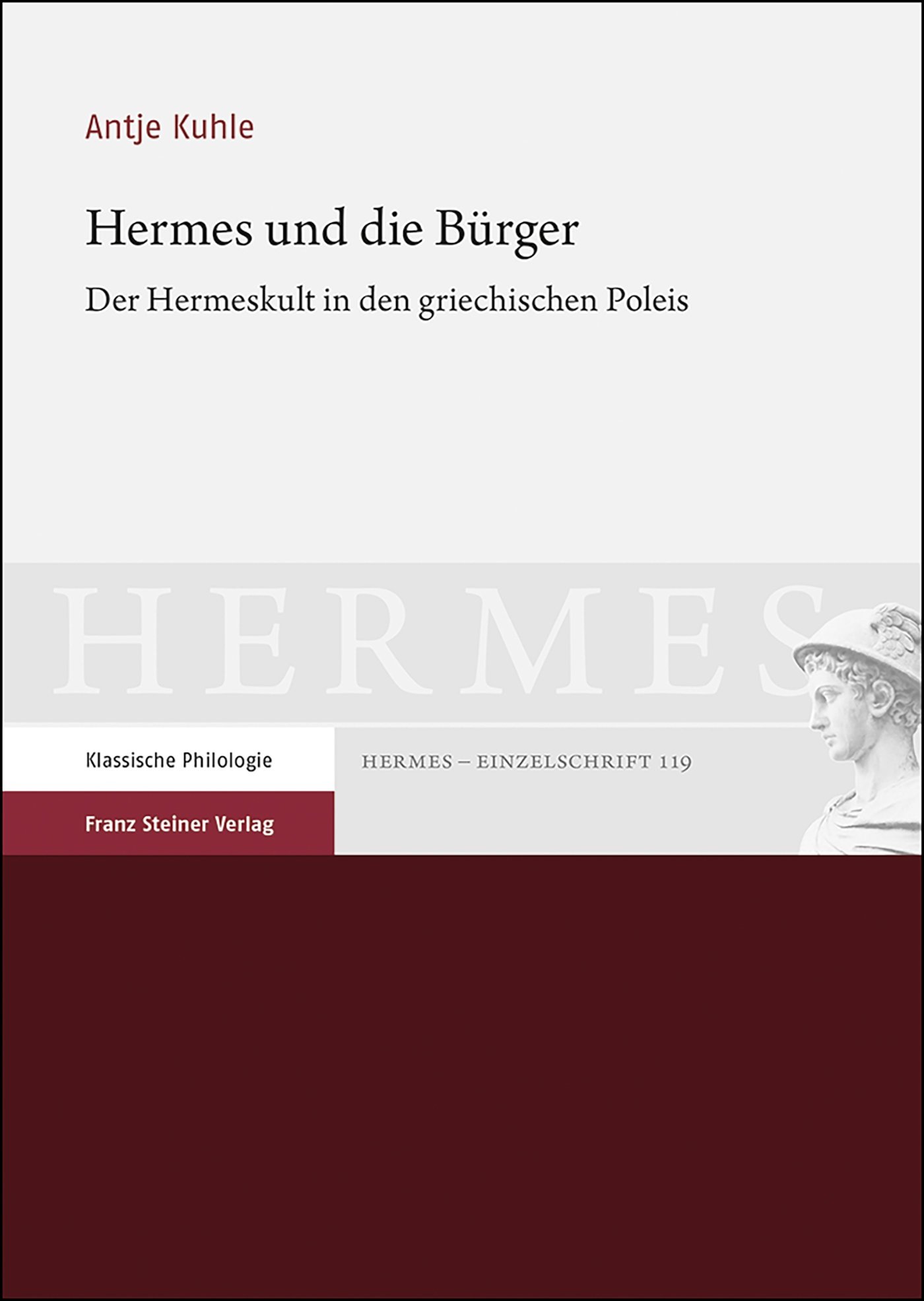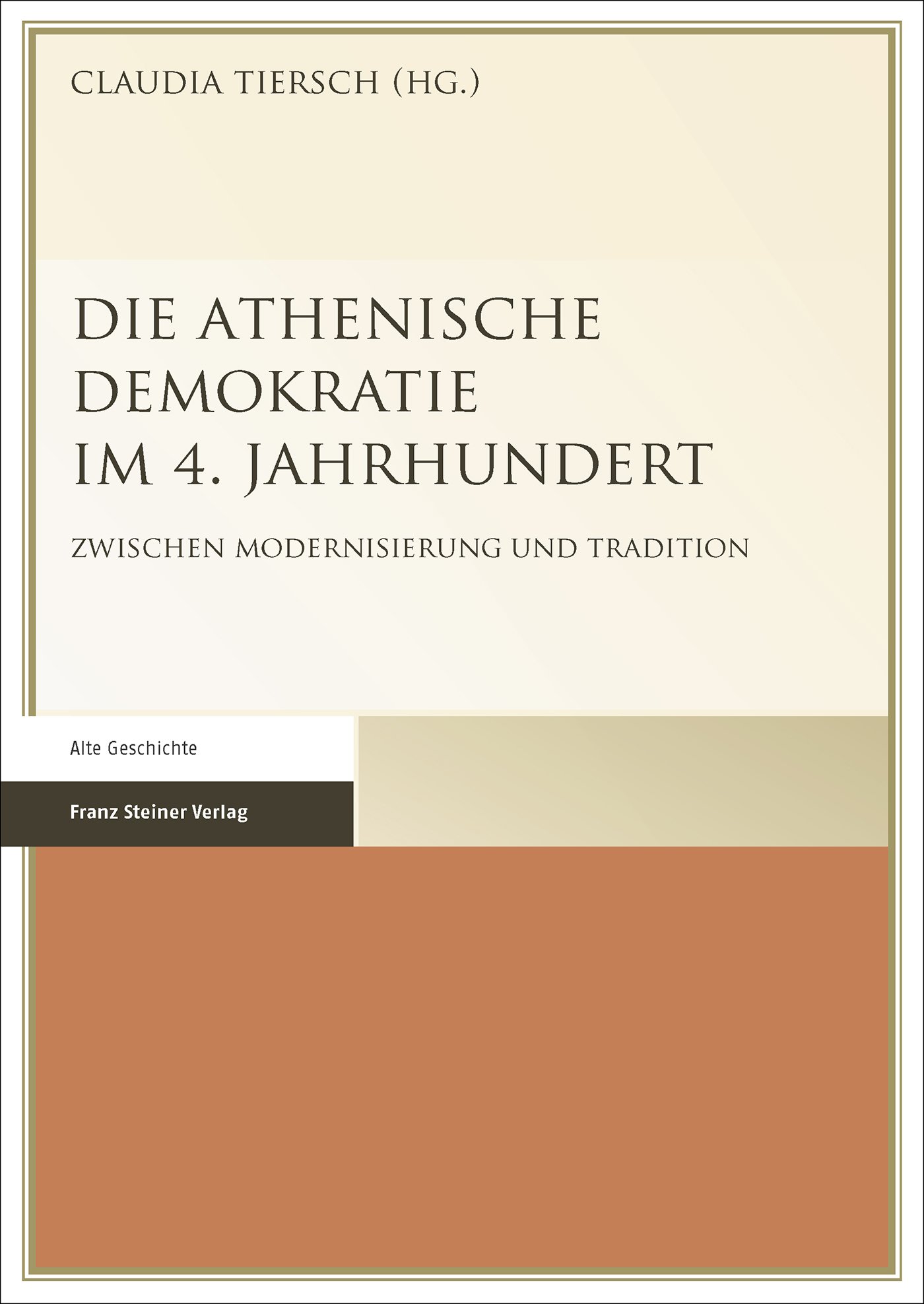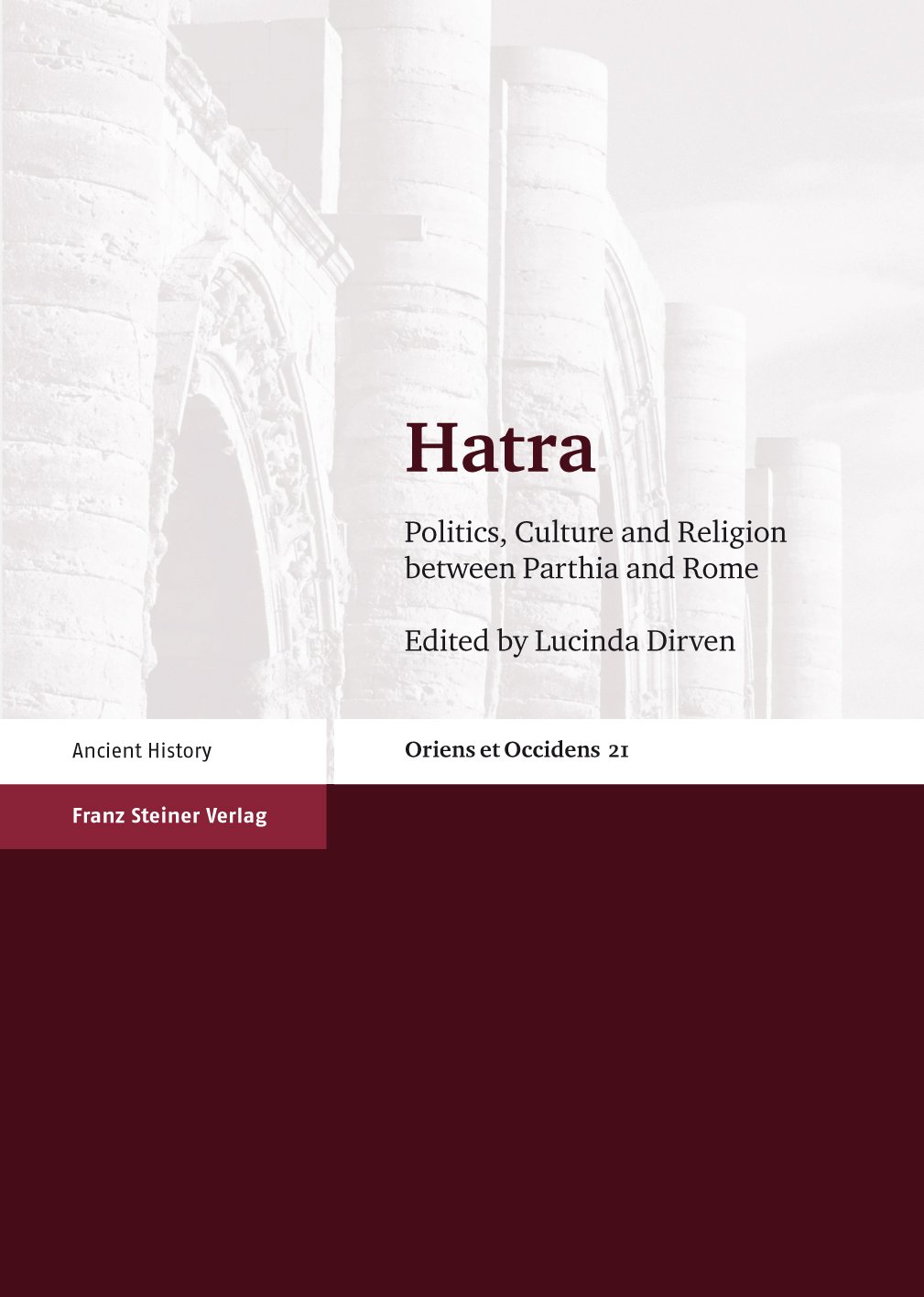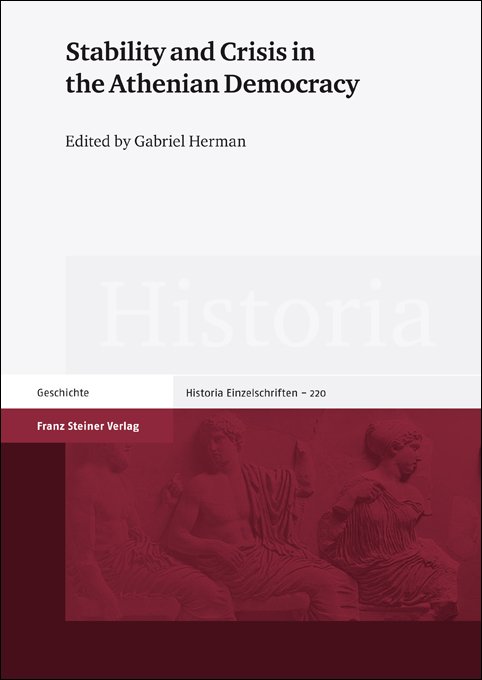Hellenistic Democracies
Hellenistic Democracies
In the hellenistic period the Greek city-states are thought to have lost their independence and thereby also their possibilities of democratic government. This study shows that interstate relations among the Greek cities of coastal Asia Minor were active. Measures were taken to solve conflicts and to strengthen ties of friendship among cities, but the cities did not refrain from claiming their rights vis-à-vis each other and even waging wars; in the power struggle between the changing hegemons, the poleis had possibilities to manoeuvre fairly independently.
By systematizing and analyzing the frequency and contents of hellenistic decrees enacted by the council and the demos in four East Greek city-states, the study shows that the latter were democratically ruled, and the issues decided on foremost concerned foreign relations. However, in the second half of the second century polis decrees gradually decrease, to cease altogether towards the end of the first century BC. A possible reason is the growing power of Rome and the establishment of the Roman province of Asia in 129 BC. Under a sole hegemon the poleis no longer had possibilities to set their own agenda.
"a well written and well researched book"
Krzysztof Nawotka, Censurae Librorum
"She has been thorough and perceptive in her work, she has made an effective combination of external and internal questions, and this is a valuable contribution to the rehabilitation of the post-classical Greek cities."
P.J. Rhodes, Zeitschrift des Savigny-Stiftung für Rechtsgeschichte 129, 2012
"Carlsson’s Hellenistic Democracies is an extraordinarily useful study."
Eric Robinson, Bryn Mawr Classical Review, 2011.01.40
| Reihe | Historia – Einzelschriften |
|---|---|
| Band | 206 |
| ISBN | 978-3-515-09265-4 |
| Medientyp | Buch - Gebunden |
| Auflage | 1. |
| Copyrightjahr | 2010 |
| Verlag | Franz Steiner Verlag |
| Umfang | 372 Seiten |
| Abbildungen | 2 s/w Abb., 12 s/w Tab. |
| Format | 17,0 x 24,0 cm |
| Sprache | Englisch |
